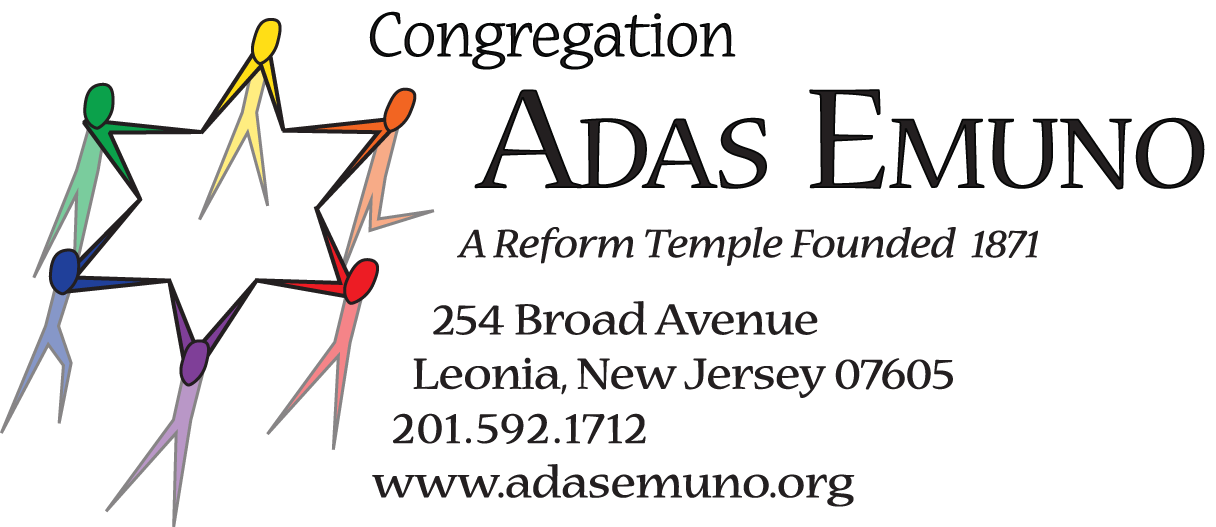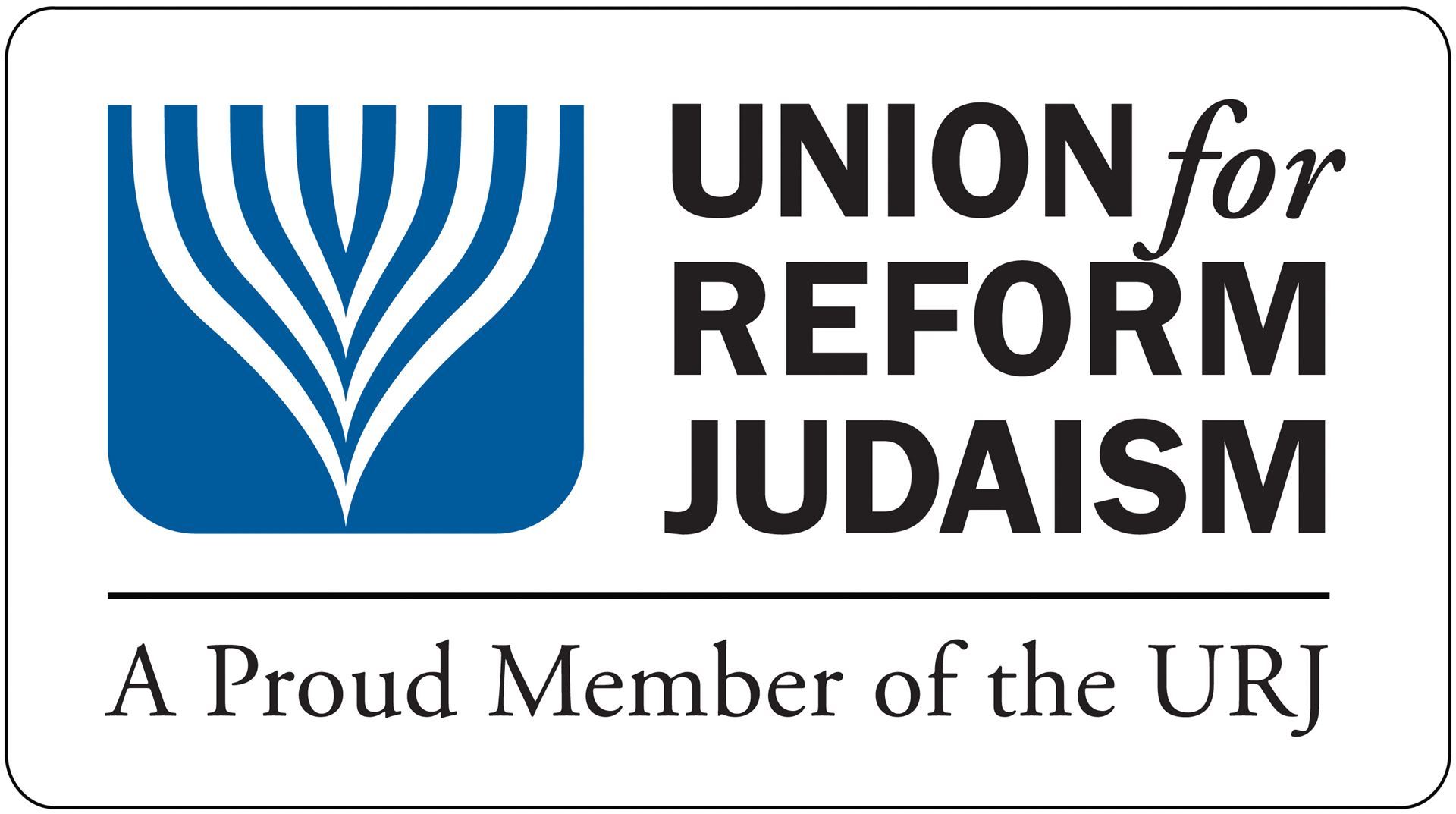THE CULTURE WARS
Kol Nidre, 5784
Rabbi Barry L. Schwartz
What keeps you up at night?
I’m not talking about family issues, which is of course #1 on the worry list.
I’m not talking about work issues, which is probably #2 on the list.
I’m talking about what is happening in our country and our world, which may be #3 and #4 on the list.
But if you are like me they are still on your mind and still keep you up.
You put #1-4 together and you are not going to have a good night’s sleep.
On Rosh Hashanah I spoke about how the assault on democracy in Israel is keeping me up at night.
Now on Yom Kippur I want to speak about how the assault on democracy here at home is keeping me up at night.
Because it's not going away. I’ve spoken about this subject before, but it’s not going away.
“United we stand” has been called the unofficial American Motto. It echoes the Latin phrase e pluribus unum⏤“out of the many-one”⏤which appeared on the Great Seal of the United States in 1795, and on our coins ever since.
Though first expressed by the Greek writer Aesop in the 6th century BCE, “united we stand” was employed by our founding father John Dickinson, and has been a staple of statesman and lesser politicians throughout American history.
But today, more than ever, it feels like “divided we stand” might be our motto.
Our nation feels more divided than at any time since the Civil War. Pundits speak of this age of polarization. And this time the talking heads seem to have it right. You and I might be getting along ok in our own lives, in our own little corner of the world…but an ill wind seems to be blowing through the land.
The political divides today are awful and they are depressing. Yet they are built on yet other divides economic, and religious. In fact, they are all tied together; impossible to understand the one without the others. However, since my expertise is religious thought, I will confine myself to that area of inquiry. And that is not a bad thing, since my thesis is that deep down it is our religious differences, that, well, make all the difference.
In a recent study of the American religious landscape Daniel Cox notes that, “Americans are inarguably more secular than they once were, but large numbers of Americans remain as staunchly committed to their faith and religious communities as ever.”
Cox observes that it is mostly those with loose ties to organized religion that are leaving the fold, and that “religious life becomes increasingly defined by the most ardent and committed believers.” He also points how uneven the decline is geographically, leaving wider swaths of our country much more secular or much more religious. He speaks about religious segregation, and how socially siloed by faith or lack of faith we have become.
Today one in three Americans never go to church or worship at all. That is unprecedented in a country that always been more religiously observant than Europe. Yet at the same time, one in four Americans participate in religious services once a week or more. Cox concludes that “the most [religiously active] and the least religiously active Americans now make up the majority of the public.” He calls this a “gloomy portrait” of a country in which “our religious differences loom larger” than ever before.
The religious are getting more strident. The non-religious are getting more secular. Added to all our other divisions… this cannot bode well for our future. Where is the middle ground? The common ground?
And most importantly: Why does this matter? My thesis is that your worldview, even if you are conscious of it or not, really does make a difference. Whether you are basically secular or religious or a combination of the two will likely determine where you affiliate, who you are friendly with, and how you vote!
David Brooks distinguishes between two ethical views behind our current culture wars. He calls the first the “moral freedom ethos,” which “puts tremendous emphasis on individual conscience and freedom of choice.” That is clearly the secular world view of Athens.
He terms the second the “you are not your own” ethos, which posits that “ultimate authority is outside the self... with emphasis on obedience, dependence, deference, and supplication.” This can be termed the “moral obedience ethos.” That is clearly the religious world view of Jerusalem.
Brooks urges us to appreciate that both the moral freedom ethos, of liberals and the moral obedience ethos, of conservatives, contribute to the good society. Indeed, he says, both help correct the weaknesses of the other. The moral freedom ethos can devolve into subjective emotivism: “what is morally right is what feels right to me.” It can fray the shared moral order we as a society need to preserve. On the other hand, the moral obedience ethos “can lead to rigid moral codes that people with power use to justify systems of oppression. This leads to a lot of othering—people not in our moral order are inferior and can be conquered and oppressed.”
Deeming both views “legitimate moral traditions,” Brooks observes: “The essence of good citizenship in a democratic society is to spend time with those who disagree with you so you can understand their best arguments.”
[That, by the way, is exactly what we do in Confirmation Class, which is all about society’s great debates, and it is what we are doing in Torah study this year with my new book on this very subject:
Open Judaism: A Guide for Believers, Atheists, and Agnostics. Spending time with those we disagree with, so we can understand their best arguments.]
On this Yom Kippur, a day of reflection and atonement, I would challenge ourselves to go one key step further. To not only understand those we disagree with, but to attempt to reconcile with them!
How in the world is that possible? How can Democrats reconcile with Republicans these days? How can liberals reconcile with conservatives?
I’m not optimistic at the moment, but that does not mean we should not keep trying. After all, what is at stake is nothing less than our democracy as we know it.
What Brooks and I are after is what I call “big-tent” pluralism. A pluralism that goes beyond tolerance; beyond “live and let live’ to “let’s live together’. Such a pluralism involves a synthesis of our thinking. A synthesis of Athens and Jerusalem, that gets beyond the polarization of today to deeply respect and mesh the secular and the religious.
What if secular skeptics would not overlook the contribution of faith to our people, our country, and even to ourselves? At the same time, what if ardent believers would not overlook the contribution of humanism to our people, our country, and even to ourselves?
I know our differences will not magically or fully disappear. But what if we pledged to find common ground by acknowledging and adopting just some of what the other side feels passionately about?
I sense that there are many people today who want to embrace religion with their head and their heart. They want to affirm their Jewish, or Christian, or Muslim heritage, but with Enlightenment ideas of equality, inclusion, and with new ideas and language about God and the commandments.
I sense that many people want to borrow freely and unapologetically from both Athens and Jerusalem. They want faith but with room for doubt. They believe in evolution in nature and in religion. They believe in synthesis- taking from the best of our wisdom traditions. They believe in openness.
I sense that we have the yearning to travel the rocky road of reconciliation of the secular with the sacred in order to live up to our ideal as a United States of America.
I love our country and I don’t like what is happening today. We need to bring back the lost art of civilized debate, of principled compromise, of innovative cooperation.
We have always been a big tent. There is room for everyone inside, together.
The name of my very first congregation was
Ohel Avraham, The Tent of Abraham. The name recalls the story in Genesis of Abraham and Sarah welcoming three unusual travelers to their tent. Abraham is sitting at the entrance to his tent in the heat of the day when he spots the travelers and hastens to greet them. The visitors turn out to be messengers of God. Jewish tradition praises Abraham for his hospitality. An early commentary explains: “He made an inviting entrance for all who passed by; welcoming the stranger.” Another exclaims: “He opened doors in every direction....” A medieval commentary emphasizes: “[Abraham’s tent] was open on all four sides, that all should find it open and come into it” (Genesis Rabbah 48:9, Midrash Tehillim 110, Rabbeinu Yonah to Avot 1).
True to its name, my congregation aspired to be a hospitable place for all people. Located in the diverse city of Haifa, Israel,
Ohel Avraham welcomed a rainbow of visitors to our tent: religious Jews, secular Jews, Ashkenazic Jews, Sephardic Jews, Soviet Jews, Ethiopian Jews, Arab Christians, Arab Muslims, Israeli Druze, and tourists from around the world. In that remarkable place four decades ago, I first experienced and began thinking about true pluralism.
I pray for America in the spirit of
Ohel Avraham. We have always been a big tent. There is room for everyone inside, together.


